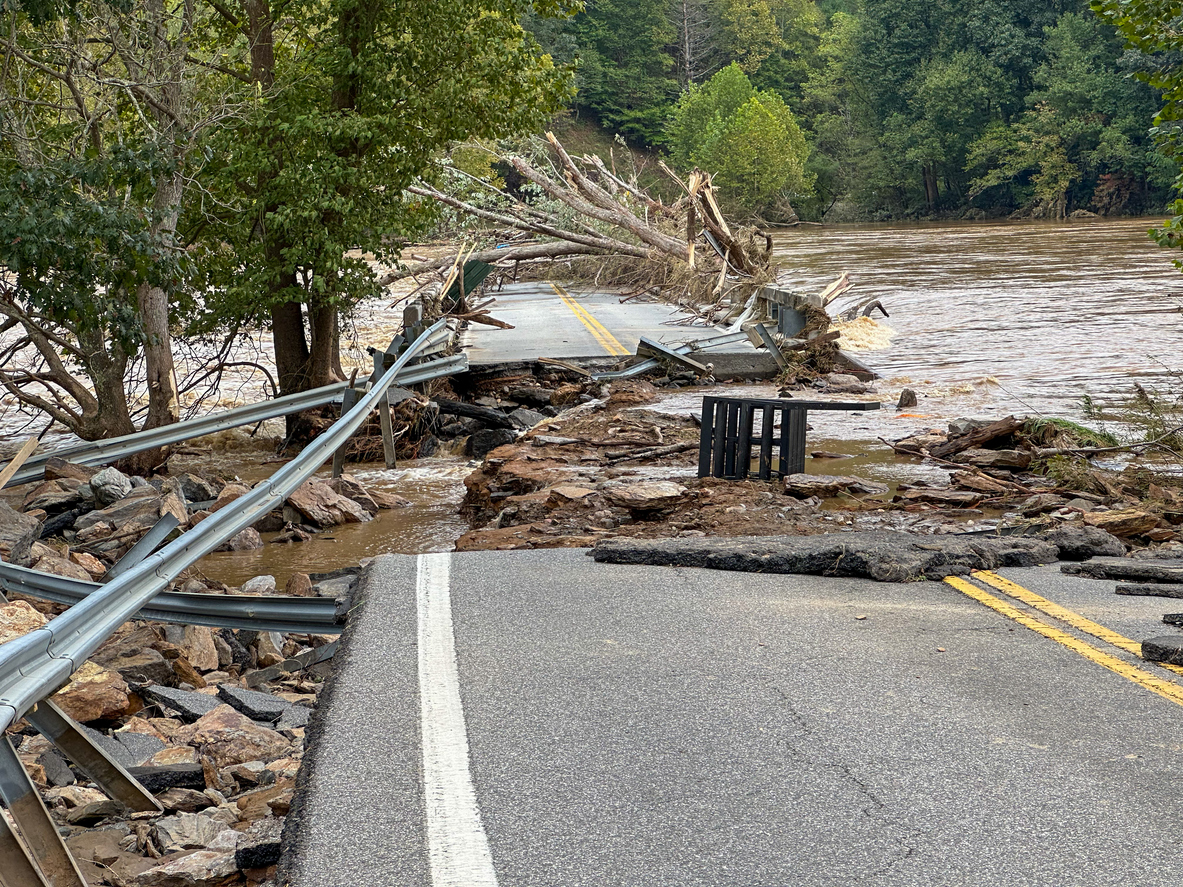This blog is a continuation of Factors That Can Provoke Media Scrutiny of Public Safety Agencies (Part 1)
Mixed Messages
Open communication within your entity is also very important. If the public safety agency does not respond to questions raised by the media, reporters will often reach out to the mayor or the city council to seek more information and opinions. There have been several occasions where the mayor or other town representatives answered requests by the media even though they had not been advised of the details surrounding an incident. While well-intentioned, such comments can backfire, undercutting the decisions of the fire chief or police chief. It always works out better if elected officials have more knowledge of the incident, so it is good to keep them advised. In addition, political town members should be coached not to give statements until they have the necessary information.
Failure to Engage
When the media shows up, it can become a problem if there is no one to respond to their questions or if their questions are ignored. It may be too early in the investigation process to be able to provide all the findings to the media but giving them some basic information prevents them from claiming information is being withheld. When the media insinuates information is being hidden, it can begin to hurt an agency’s reputation. Plaintiff’s attorneys will often jump on the same bandwagon, repeating in interviews that your agency is being uncooperative. It is extremely important not to shut your door on the media when they show up.
Anticipating Media Scrutiny
So how do you know which events will set off the media alarm bells? After being involved in an incident, ask yourself the following question : Is my perception and analysis of the incident the only way to think about what happened? If I’m playing devil’s advocate, could I see the event in a different light?
As you know, you can rarely be certain that reporters and social media users will have the same analysis as you do. Opinions are often formed before all the details are learned about the incident; sometimes, one aspect of the incident generates a powerful emotional response. In shooting incidents, for example, the race of person who was shot or the number of shots fired can be enough to grab the media’s attention. It is important to closely analyze all aspects of the incident and be ready to properly respond when the media shows up. Be on the lookout for unclear fact circumstances, tragic events sustained by the involved parties or their family or friends, and negative opinions regarding the entity’s security.
The Importance of Training
Successfully navigating media scrutiny of public safety agencies requires training your personnel before the microphones and cameras come out. This training can help your agency become aware of how fast the media will get involved in an incident—even those you wouldn’t consider “critical incidents.”
Prior to setting up the training, do some research to identify lessons learned the hard way by other municipalities. Many times, an incident will not appear to be too serious at first, but a seemingly minor aspect can unexpectedly raise the publicity to a negative high level. Review newspaper articles on the internet regarding similar events that you could be exposed to. But don’t stop with just the reported information—look at the reader comments, too. They provide immediate insight into how citizens view incidents and the fallout public safety agencies can face if they’re not prepared. This has a cumulative effect—an agency with a poor reputation will almost certainly face more media scrutiny.
In addition to your internet search, it can also be helpful to talk with your insurance carrier. They may have already been involved in cases that generated unexpected publicity.
Start Today
Responding to media scrutiny of public safety agencies is a multifaceted process. It involves training staff to recognize which events may spiral out of control, ensuring open lines of communication across the municipality and to reporters, and being prepared with appropriate messaging to counter attacks on your agency’s policies or personnel actions.
But it starts with building relationships and in turn, enhancing your agency’s reputation. Many departments have increased the number of charity-related events they participate in, and they look for unique ways to interact with their community. As positive interaction with their community improves, an agency will receive stronger support in the media. (It doesn’t hurt to get to know your local reporters, either.)
The bottom line: Stay alert! Consider all the aspects surrounding an event and try to anticipate what could generate negative publicity, potentially hurting your agency’s reputation or even influencing an expensive lawsuit.
*The views and opinions expressed in the Public Risk Management Association (PRIMA) blogs are those of each respective author. The views and opinions do not necessarily reflect the official policy or position of PRIMA.*

By: Richard Spiers, CPCU, ARM, ARe, AIC
Consultant, Spiers Consulting, LLC
Richard has been in the insurance industry since 1980 and was a claim executive in the reinsurance and excess marketplace since 1985. He was with Genesis Management and Insurance Services for over 20 twenty years. He is currently doing claim consulting work. Richard has extensive experience handling the wide array of claims faced by public entities, K-12 school districts and the higher education sector. Based in Chicago, he has also worked for Transamerica Insurance Group, Northbrook Excess and Surplus Insurance, CNA and Allstate Reinsurance. He is a graduate of Northern Illinois University, a member of the Society of CPCU, and holds associate designations in risk management, claims, and reinsurance. Richard has been developing and presenting insurance industry-related training sessions to a variety of client and industry groups for over 25 years.



